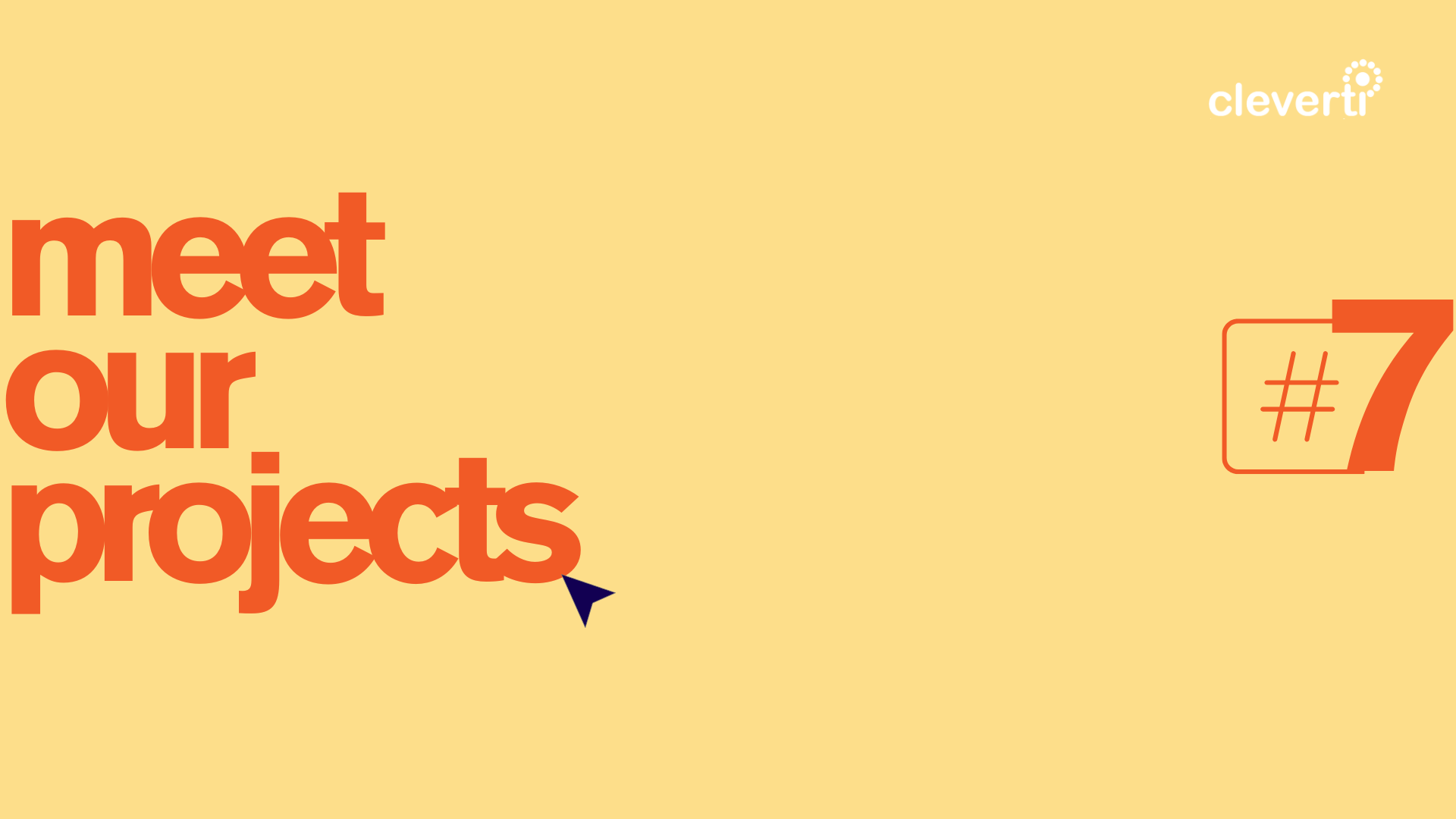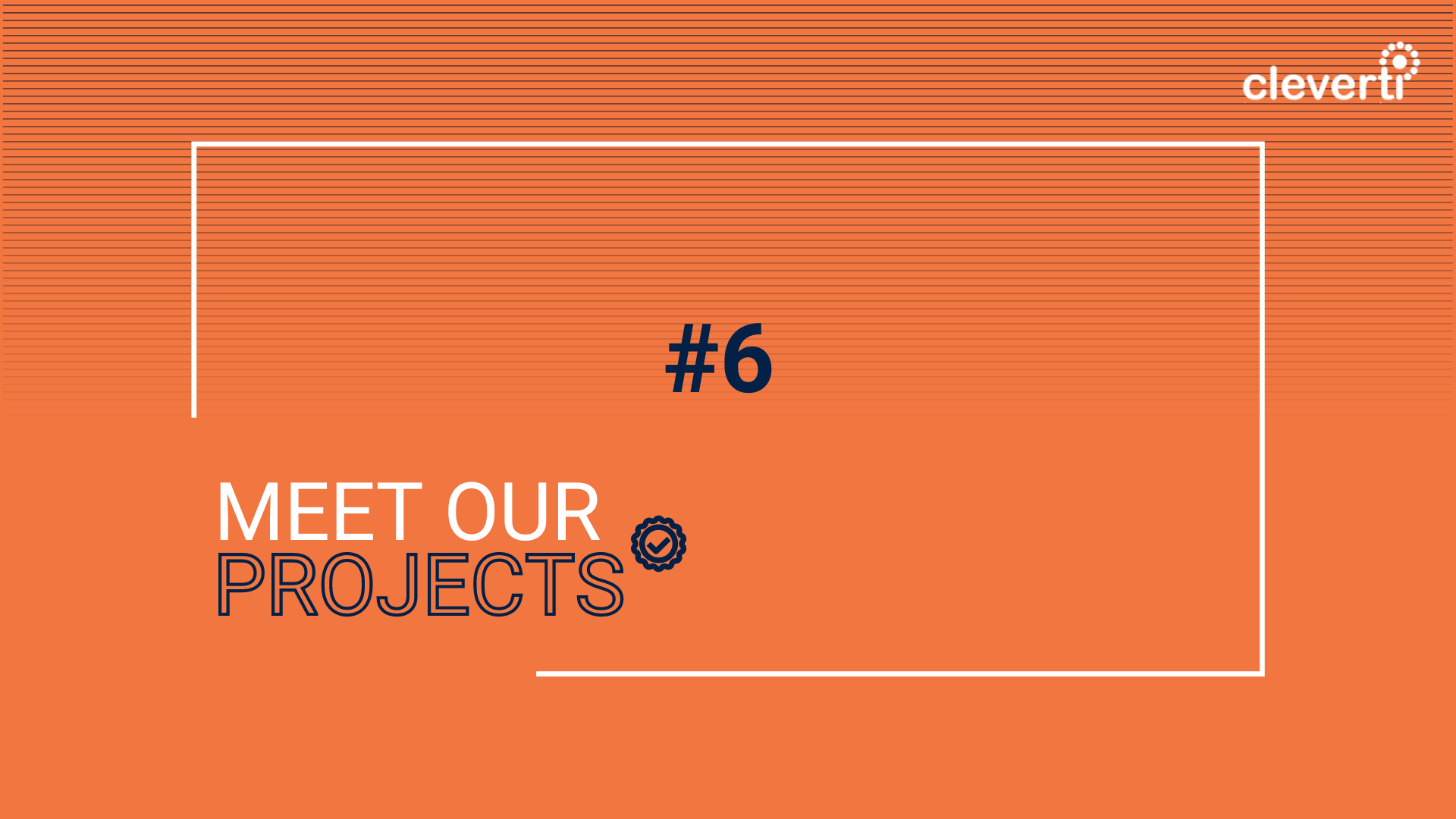When software is at the soul of your business, quality is a precious good you really don’t want to jeopardize. And of course you’ve often assumed that no one is likely to develop your software as well as you do… But is this entirely true?
Several reasons can set you on the way to outsourcing software development. These are a few:
- You´re (always?!) on a tight deadline and need to scale up to increase productivity
- You’re lacking specific skills to further develop your product – adapt to new technologies, platforms, etc.
- You need to focus the internal crew on developing business / new products
- You’re seeking a competitive edge by dropping operating costs – lower setup investment, less time spent on hiring the right people, and a more competitive cost structure in the outsourced development company’s location can help you get there
At this stage, you’re probably wondering… and what about quality? Oh yes, quality really is (or should be!) one of the expected outcomes when you outsource software development. It’s a simple formula:
An outsourced development company employs the most talented developers and testers + has implemented proven methodologies and processes + is skilled in a wide technology stack + has enough resources to provide short notice responses to your needs = when you outsource, this set of features is placed at your service and should contribute to improve productivity, flexibility and, of course, quality throughout your software development process.
But make no mistake, not all software development partners are alike. And since partner’s practices and performance have a straight impact on your project accomplishments and quality of your software, you obviously must choose your partner carefully. Here is what you should look for:
#1. References – Satisfied clients are your best proof of compliance. Ask for client references to confirm technical skills, capacity, quality, adherence to deadlines, etc. Ideally, try to speak directly with at least a couple.
#2. Capacity – Partner should have capacity to deliver in accordance to your requirements. Check experience in delivering similar services and besides make sure they have adequate premises, infrastructures and equipment, including capacity to scale.
#3. Empathy – Partner is expected to play a key role in your software development process, enter your daily routines and work towards your success. Make sure they are able to understand your business and project needs, relate to your goals and find the best solutions to meet them.
#4. Open communication – Project success relies on effective and regular communication, even before start. Make sure partner is open to clarify your doubts, have face-to-face meetings and welcome you in their facilities. Also check for common language(s), working schedules, accessibility, tools, etc.
#5. Location – Partner needs to fit in your routines and processes so the more they look like you the better. A partner from a country with matching social, political and regulatory framework, besides similar working culture makes it easier. Low travel and time-zone impacts also matter as you’ll need the outsourced team at swift reach. Try to understand the impact of currency fluctuation and exchange costs – for instance if you´re company is based in an EU member state you can prevent this by outsourcing to another member state.
When you choose wisely, a development partner should only benefit the quality of your software.
By Ana Raposo | Executive & Marketing Manager | via LinkedIn




